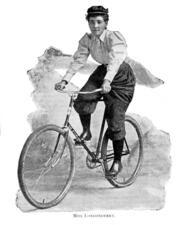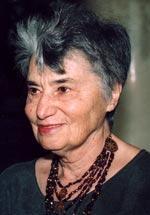
Ruth Klüger
A Holocaust survivor from Vienna (1931-2020), Ruth Klüger emigrated to the United States in 1947 and pursued a career in academia. Her German-language autobiography weiter leben: Eine Jugend (1992) revealed her personal experience of the Holocaust to the public, establishing her as one of the leading public intellectuals on the Holocaust in Austria and Germany.
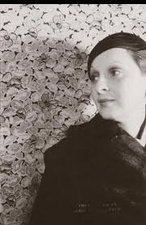
Blanche Wolf Knopf
Blanche W. Knopf made the publishing firm she shared with her husband one of the most respected in the world, bringing some of the greatest American and European thinkers of the twentieth century to an American audience.
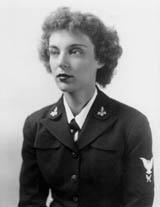
Bebe Koch
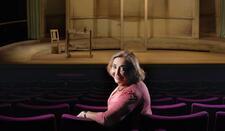
Lia Koenig
Lia Koenig is known as the First Lady of Israeli Yiddish Theater for her complex roles in world drama. After immigrating to Israel from Poland in 1961 with her husband Zevi Stolper, she began her legendary career at the Habimah theater. Koenig was awarded the Israel Prize, the Israel Theater Prize, and the EMET Prize.
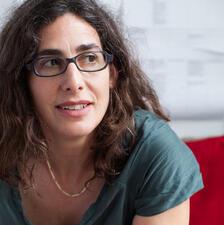
Sarah Koenig
Irene Caroline Diner Koenigsberger
A distinguished chemist credited with discovering the molecular structure of rubber, Irene Caroline Koenigsberger refused to patent her work, making her discovery available to all. She was also an important figure in the Washington, D.C. Jewish community, cofounding Temple Sinai and the B’nai B’rith Hillel at George Washington University.
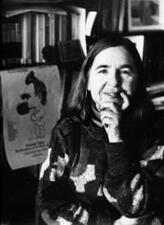
Sarah Kofman
Sarah Kofman was a French Jewish philosopher and professor who published many books on Freud, Nietzsche, Rousseau, and more.
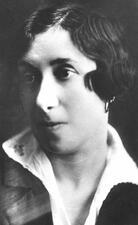
Feiga Izrailevna Kogan
Poet Feiga Izrailevna Kogan was born into the Moscow Jewish community in 1891. Throughout her life she composed books of and about Russian poetry while harboring a love of Hebrew. Some of her works include: Moia dusha (My Soul) and Plamennik (The Torch).
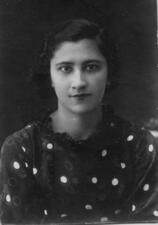
Leike Kogan
Lía Gilinski de Kogan, known as Leike Kogan (1911-2001), was a prominent activist in the Yiddisher Kultur Farband (YKUF/ ICUF) and its women's movement (Organización Femenina del ICUF, OFI), linked to the Yiddish-speaking section of the Argentine Communist Party. She stood out as a leader and teacher in the schools belonging to this network.
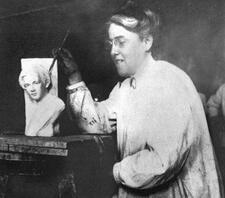
Rose Kohler
Rose Kohler was a multitalented woman who was known as an accomplished painter and sculptor. She was a teacher in, and later the chair of, the National Council of Jewish Women’s religious schools in Cincinnati, Ohio, and wrote many articles on art and religion.
C. Marian Kohn
A product of the Progressive Era and conservative Philadelphia German Jewish society, C. Marian Kohn was a social worker and tireless advocate for working women in the early twentieth century.
Esther Loeb Kohn
Esther Loeb Kohn helped bridge the gap between Chicago’s volunteer and professional social workers and spent thirty years running the Hull House settlement whenever founder Jane Addams was away on her frequent travels.
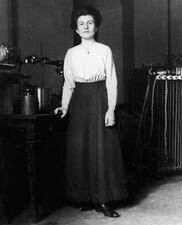
Hedwig Kohn
Born in Breslau, Hedwig Kohn was one of the early woman pioneers in physics. After a narrow escape from Nazi Germany, she went on to teach at Wellesley College and pursue independent research at Duke University in the field of flame spectroscopy, measuring absorption features of atomic species in flames.
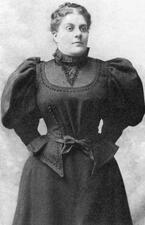
Rebekah Bettelheim Kohut
Kolech: Religious Women's Forum
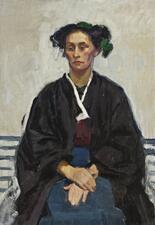
Broncia Koller-Pinell
Broncia Koller-Pinell was a successful artist in the late nineteenth and early twentieth centuries and a contemporary of Josef Hoffmann, Kolo Moser, and Gustav Klimpt in Vienna. As a Jew and a woman creating art in Christian male-dominated spaces, Koller-Pinell remained true to herself and created beautiful artwork in spite of the adversities she faced.
Gertrud Kolmar
Gertrud Kolmar was a prolific German-Jewish poet. Kolmar published three collections of poetry during her lifetime, primarily detailing the experiences of women as mothers, childless women, lovers, mourners, travelers, and the persecuted. Kolmar’s work is a vehicle for readers of the early twenty-first century to come to terms with the events of the Shoah.
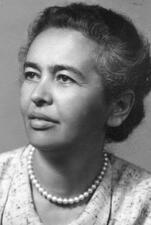
Malka Kolodny
Malka Fisz Kolodny served as one of the first teachers in pre-State Palestine. She taught subjects ranging from basic literacy to chemistry and biology and encouraged, counselled, and supported her students, staying in touch with them for years.
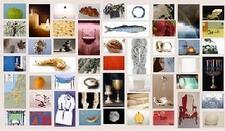
Kolot: Center for Jewish Women's and Gender Studies
Kolot, the first Center for Jewish Women’s and Gender Studies established at a rabbinical school, was founded in 1996 to bring the insights of Jewish feminist scholarship to the training of rabbis, both in a revised curriculum and through innovative projects. Among these projects, Kolot developed ritualwell.org, a widely used feminist website of new Jewish rituals and liturgy, and a program to enhance self-esteem in teenaged girls, Rosh Hodesh: It’s a Girl Thing!
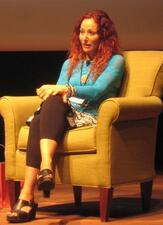
Aline Kominsky-Crumb
Aline Kominsky-Crumb was a pioneer of the autobiographical comics genre and a leading figure in the feminist underground comics movement. Her career as a cartoonist began in 1972, when she joined the Wimmen’s Comix collective in San Francisco and published her first comic Goldie. A Neurotic Women. She went on to author, publish and co-edit several books and magazines, including the comics anthology Love That Bunch (1990), and the graphic Memoir Need More Love (2007).
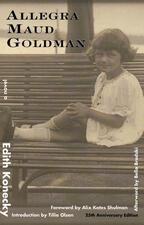
Edith Konecky
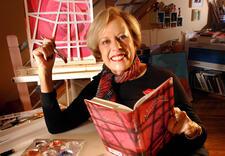
EL Konigsburg
Elaine Lobl Konigsburg is best remembered from her many beloved children’s novels, including The Mixed-Up Files of Mrs. Basil E. Frankweiler, Jennifer, Hecate, Macbeth, William McKinley and Me, Elizbeth, and The View from Saturday. Her novels and her characters reflect the angst of growing up in a middle-class world and finding your way, no matter where you come from.
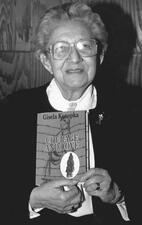
Gisela Peiper Konopka
Berlin-born Gisela Konopka built an international reputation as a group social worker and expert on youth issues. Lauded for her involvement in the rebuilding of social services and education in post-war Germany and beloved by her students at the University of Minnesota, Konopka received more than 42 awards in her lifetime.
Rabbi Abraham Isaac Kook
